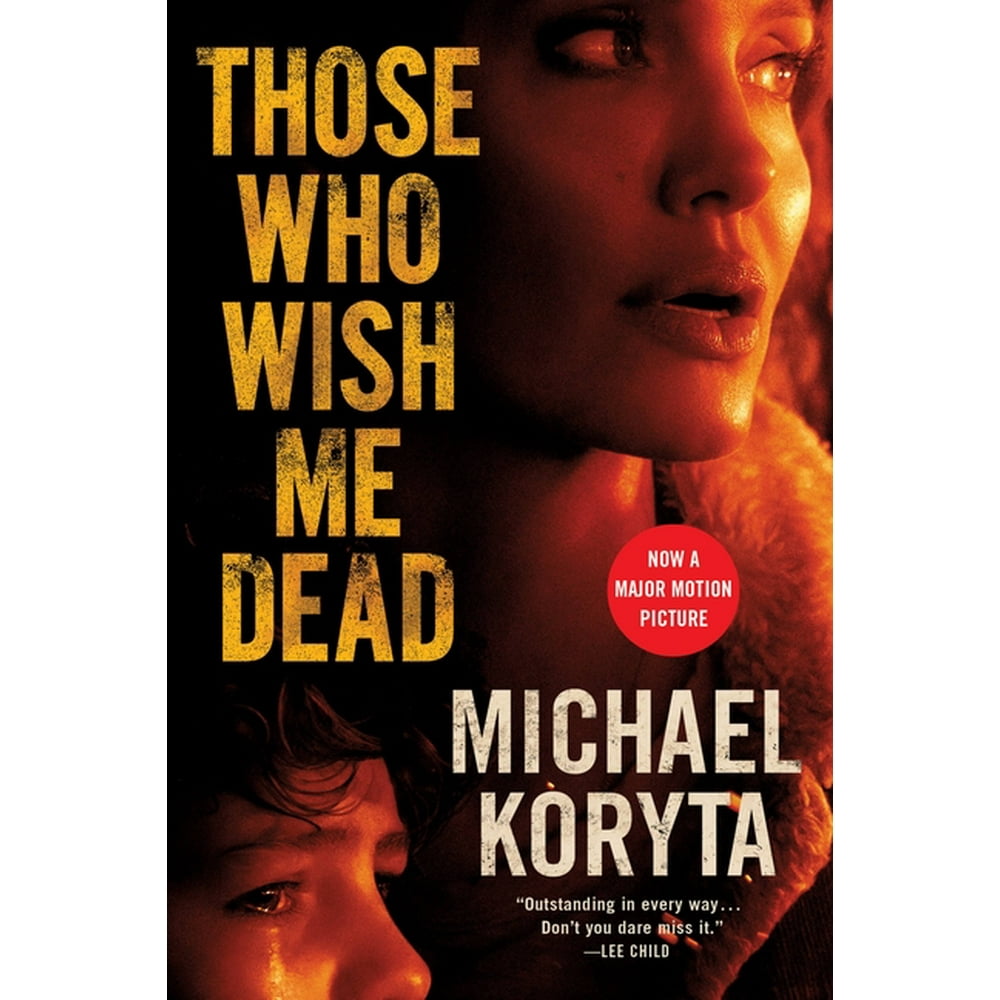In a world where tension and intrigue coalesce into a gripping narrative, “Those Who Wish Me Dead” by Michael Koryta emerges as a masterfully crafted literary work that captivates its readers from page one. This novel, conjoined with Koryta’s adept storytelling and rich character development, precipitates an exhilarating adventure that transcends the mere thrills of a traditional thriller. Readers are ushered into the realms of survival, the juxtaposition of nature’s beauty and fearsome ferocity, and the indomitable human spirit.
At its heart, the narrative revolves around a young boy who becomes embroiled in a deadly game of cat and mouse. After witnessing a murder, he becomes the target of a relentless duo determined to silence him forever. The plot thickens with the introduction of Hannah, a smokejumper grappling with her own demons. Both characters are beautifully fleshed out, allowing readers to delve into their psyches and experience their harrowing journeys. Koryta employs a myriad of literary techniques, expertly weaving flashbacks and character backstories that enhance the emotional depth and richness of the tale.
Set against the breathtaking backdrop of the Montana wilderness, the setting plays an integral role in the narrative. The vibrant descriptions of towering trees, verdant landscapes, and the omnipresent danger of wildfires create an atmosphere that is both enchanting and terrifying. Koryta’s vivid imagery transports readers, immersing them in the raw beauty of the natural world, while simultaneously evoking a palpable sense of impending doom. It serves as a reminder that nature is as unpredictable as the human heart.
Koryta’s command of language is especially evident in his portrayal of tension. Each chapter unfolds like a meticulously orchestrated symphony of suspense. The pacing is masterful; it ebbs and flows, creating a rhythm that mirrors the characters’ emotional states. As the danger escalates, so does the intensity of the prose, drawing readers deeper into the fray. The dialogue is sharp and realistic, offering insights into the personalities of the characters and the often tumultuous relationships they navigate.
Equally commendable is Koryta’s exploration of complex themes, which resonate on multiple levels. The novel delves into the ramifications of trauma—both personal and generational—how it shapes our choices, and the lengths one will go to protect loved ones. Hannah’s character, as a smokejumper, embodies resilience and vulnerability, reflecting the struggles of those who carry the weight of their pasts while striving for redemption. The theme of isolation looms large, both in the physical sense, as disparate characters find themselves in the unforgiving wilderness, and in the emotional realm, where fear and despair can render individuals profoundly alone.
Moreover, the narrative is steeped in moral ambiguity. Koryta deftly navigates the gray areas of good and evil, forcing readers to grapple with notions of justice. The antagonists are not mere caricatures of villainy; rather, they are meticulously constructed figures with motivations that challenge simple classifications. This complexity invites readers to ponder difficult questions: What drives individuals to commit heinous acts? How do circumstances distort our moral compass? In this way, Koryta offers a cerebral exploration of humanity’s darker inclinations while simultaneously weaving a thrilling tale.
Another significant aspect of “Those Who Wish Me Dead” is its engaging pacing—a hallmark of effective thrillers. The narrative is punctuated by moments of quiet introspection counterbalanced by bursts of thrilling action. These contrasts keep readers on the edge of their seats, anticipating each twist and turn. The climactic sequences are vividly rendered, inducing a visceral reaction that makes the heart race, while the thoughtful reflections serve to enrich the emotional tapestry, ensuring that readers remain connected to the characters even amidst the chaos.
The relationships portrayed in the book are multifaceted and expertly nuanced. The dynamic between Hannah and the boy she seeks to protect is particularly compelling. It evolves from mere acquaintance to a profound bond forged in adversity. Koryta masterfully embodies the essence of camaraderie and unconditional support in dire circumstances, showcasing how profound connections can sustain individuals through their darkest hours. The subtleties of their evolving relationship resonate with readers, evoking empathy and understanding as they navigate the treacherous terrain together.
Lastly, the conclusion of the novel not only provides resolution to the immediate conflicts but also leaves readers contemplating the aftermath of choices made in desperation. It serves as a poignant reminder of the enduring consequences of our actions and the resilience of the human spirit in the face of insurmountable odds. Koryta’s ability to intertwine thrilling elements with thought-provoking themes results in a reading experience that triumphs not merely in entertainment but also in emotional and philosophical profundity.
In summary, “Those Who Wish Me Dead” is not just a thriller; it is a rich tapestry woven with threads of danger, resilience, and the quest for redemption. Michael Koryta’s skillful prose, complex characters, and layered themes render this novel an unforgettable journey through the wilderness of both nature and the human psyche. Readers can anticipate a multifaceted experience that challenges their perceptions while indulging their thirst for an exhilarating narrative. It is a testament to storytelling that lingers long after the final page is turned—a compelling invitation to reflect on our own desires, fears, and the very notion of survival.
